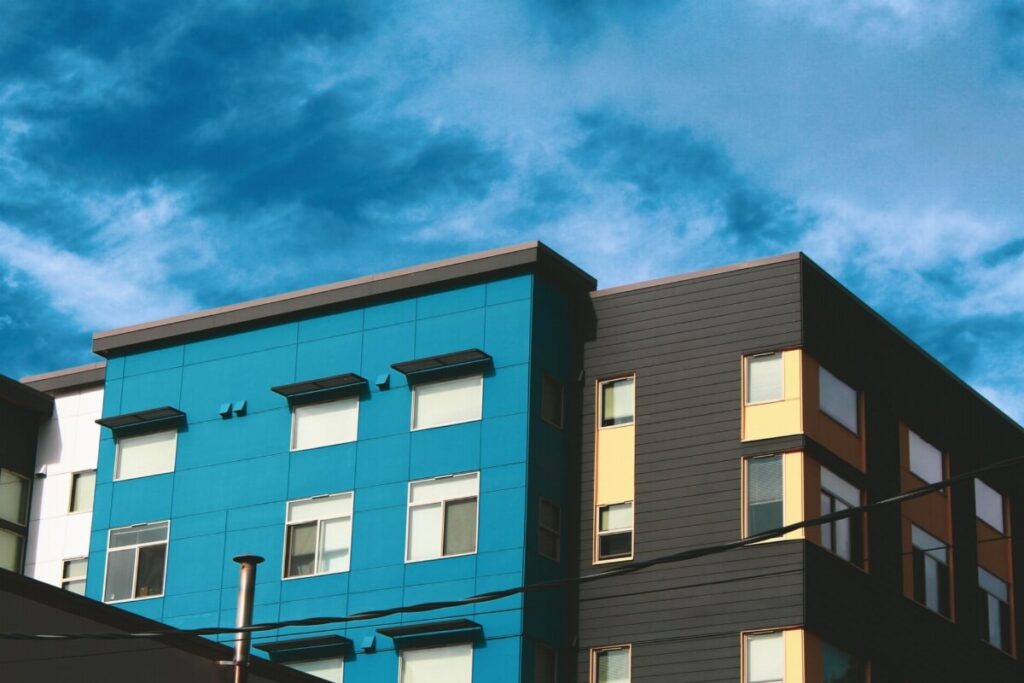When it comes to building housing, there are a number of local and statewide regulations that restrict what type of housing as well as the number of units that can be built on a parcel of land. Zoning restrictions aren’t the only impediment when it comes to building housing. Construction of apartment buildings can often get tied up in court for years. This increases the overall cost of construction and discourages land owners from seeking to maximize the profits from their land. SB 10 seeks to address some of the major issues when it comes to building smaller apartment complexes.
What does SB 10 do?
The current zoning laws can prevent property owners from building small housing complexes on their land. What SB 10 does is allow for local governments to authorize smaller complexes of up to 10 units. The law still allows for local governments to maintain control over new projects. They can decide which ones to approve as well as if it requires ministerial or discretionary approval.
Does SB 10 apply to all parcels in California?
There are some limitations to the parcels of land for which SB 10 would apply. For example, any parcel in an extreme fire hazard region would not benefit from the legislation. The language of the legislation suggests it would apply to a broad swath of land in metropolitan areas of California like the Bay Area, Los Angeles County, Orange County, and San Diego County. These areas are all both transit and job rich areas which is the main focus of the legislation. If a parcel is near any mass transit stop or job center, the owner could take advantage of SB 10 if it is passed.
Preventing lawsuits and litigation
With the current law in place, any housing project can be mired in litigation and appeals for decades. The potential for high legal fees and delayed construction, some landowners opt to not build more housing despite the demand. SB 10 would ensure those who choose to build more units on their land will no longer be blocked for years in court.
Opposition to SB 10
As with any legislation, there will always be some push-back. Because local governments still maintain control over project approval, there may be less push-back to SB 10. One regular push-back is the concern for community character. Since local governments would approve housing projects, that would maintain the local aesthetics and character.
Opportunities for landlords
Smaller housing developments up to ten units would allow for landlords with fewer resources to grow their business. Building more units and equity can help in investing in more land and more projects over time. There’s a demand for smaller housing projects which larger developers aren’t interested in. Freeing up land to use for up to ten units will give the space for an ambitious landlord to grow their real estate business. With cities now required to meet their housing quotas and statewide agendas becoming more aligned with growth, it creates an opportunity to take advantage of expedited zoning changes and project approvals.
Legalizing more housing
Opportunities for landlords are currently limited by zoning laws. With laws like SB 9 and SB 10, those restrictions can be lifted if they are passed and signed into law. Recent laws passed allowing for two accessory dwelling units on single family lots and it stands to reason that even if SB 9 and SB 10 don’t pass, similar laws will pass in the future. It would be a good idea to reach out to architects, and contractors as well as your local government to see options are possible on your property.

